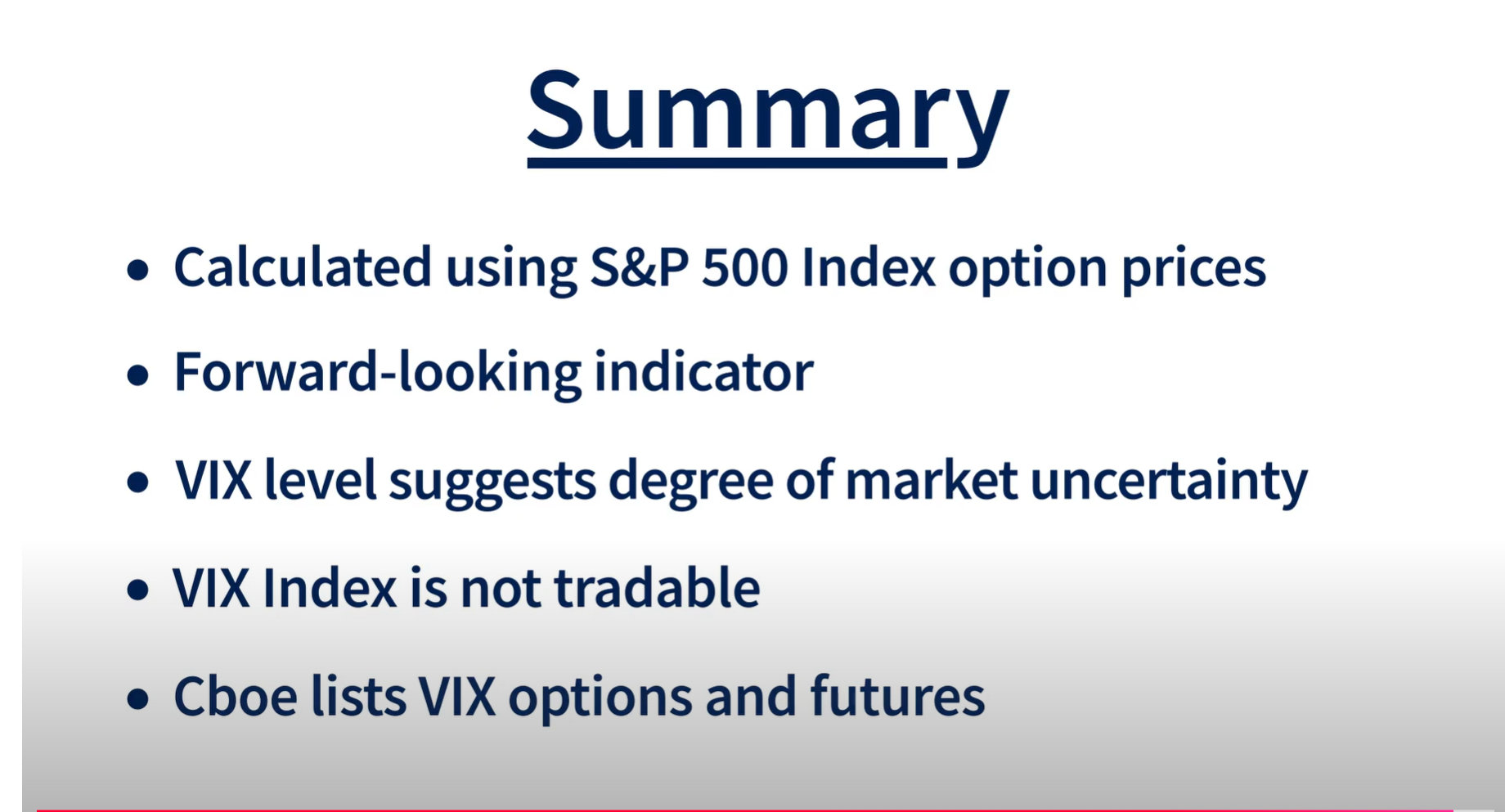Chapter 10: Individual Investors and the Force of Emotion 1
1/18
There's no tags or description
Looks like no tags are added yet.
Name | Mastery | Learn | Test | Matching | Spaced |
|---|
No study sessions yet.
19 Terms
Does mood move markets?
One study using data from 26 international stock exchanges
shows good moods resulting from morning sunshine lead to
higher stock returns.
Other researchers report that stock markets fall when traders’
sleep patterns are disrupted due to clock changes due to
daylight savings time.
A third study suggests that World Cup outcomes are strongly
correlated with the mood of investors.
– After a loss in an elimination game, significant market declines
were reported in the losing country’s market
When someone is in a poor mood does he take more risks or fewer?
Answer probably depends on context and individual’s personality
Mood and risk attitude
it is not clear there is a simple way to characterize relationship between mood and risk attitude.
Some research suggests happier people are more optimistic and assign higher probabilities to positive events.
decision-making research indicates that even though people may be
more optimistic about their likelihood of winning a gamble
when they are happy, same people are much less
willing to actually take the gamble.
In other words, they are more risk averse when they are
happy
Regret is
obviously a negative emotion.
– You might regret a bad investment decision and
wish you had made a different choice
– Your negative feelings are only amplified if you
have to report a loss to someone
Pride is
the flip side of regret.
You probably would not mind too much if it just
slipped out in conversation that you made a
good profit on a trade
Disposition effect
tendency to sell winners too early and hold on to losers too long.
If anything, because of tax reasons, you
should be quicker to take losses.
This may be driven by regret: if you cash in a
loser you have to face the fact that you made
a mistake.
Evidence on disposition effect
To distinguish between winners and losers a
reference point is needed.
Purchase price of a security is a natural reference point
More precisely, appropriate to focus on frequency
of winner/loser sales relative to opportunities for
winner/loser sales.
Test of disposition effect: proportion of gains
realized should exceed proportion of losses
realized.
This turned out to be true.
Disposition effect, prospect theory and mental accounting
Another view: some explain disposition effect by
prospect theory and mental accounting.
If a security has made money from the original date
of purchase it moves up along the prospect theory
value function (stocks C and D)
While, if a security has lost money, it moves down
along the same function (stocks A and B).
The farther you are away from risk-seeking
domain, the less likely it is that a particular
gamble will be partly influenced by risk
seeking.
So risk aversion is higher for gambles
beginning at D vs. C, or C vs. B, or B vs. A.
Since you are less risk averse for losers you are
more likely to hold onto them.
Experimental evidence
favors emotions over prospect theory in explaining disposition effect.
Experimental design was predicated on whether or
not individuals have chosen their investments.
– When no choice you will experience disappointment
– When choice you will experience regret (which is stronger
than disappointment)
•
So disposition effect should be stronger with choice –
which turned out to be true.
Path Dependence
Recall that Prospect theory was developed to
describe one-shot gambles.
But, many decisions are sequential.
Evidence suggests that decisions are affected
by prior gains and losses so that they are path
dependent.
House money effect
Successful investment can cause elation (great
happiness).
•
And bad investments can cause distress.
•
Result is that prior gains and losses can cause
changes in risk taking
Mood maintenance:
“I am feeling good. I should walk away and enjoy this feeling.
Conflicting effects
• Mood maintenance: “I am feeling good. I should
walk away and enjoy this feeling.”
• House money: “This is the house’s money. Let’s have
some fun and really make some money.”
•
Likely many people are influenced by both impulses.
•
Though evidence is that house money dominates.
•
After a prior gain, people are more willing to take
risk.
Do you become more risk averse after losses? (snake bite effect)
This is snake-bit effect: “I have lost a lot from risky investments so
now I am moving towards a much less risky portfolio”
And some do seem to act this way.
But some evidence (e.g., “Deal or No Deal” research) suggests greater risk taking after losses.
Consistent with prospect theory and still being distant from loss
aversion kink.
–
Suggests you want to “break even.”
–
After a prior loss people seem to value breaking even (break
even effect) so they take risky gambles in order to try to
break even.
Affect and financial decision-making
Positive affect is a “warm and fuzzy feeling.”
One study looked at relationship between image of a market and behavior of investors.
– Emotion induced by the stimulus of considering a given
industry is highly correlated with probability a
participant would choose to invest in that industry
Vix index
Fear index

market circuit breakers
provide for cross-market trading halts during a severe market decline as measured by a single-day decrease in the S&P 500 Index